Visions for Community: Bringing an African Mindset on to the Global Stage
Colin Asare-Appiah shares his journey to winning the Visionary Award at the 2024 Tales of the Cocktail.
19 February 2025 · 12 min read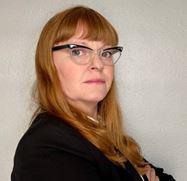

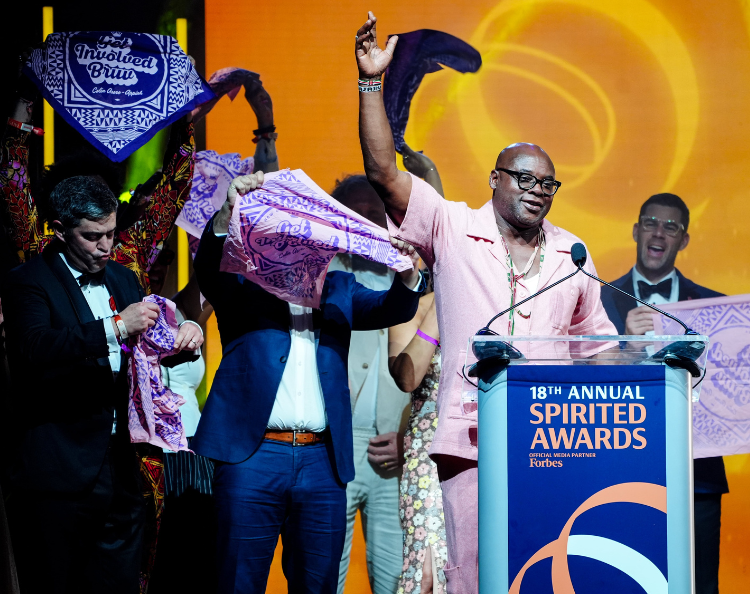
When a little, seven-year-old Ghanaian boy got on a plane to England, he would never have dreamt he would one day be celebrated at a global level for being a visionary. At 54 years of age, however, Colin Asare-Appiah, now a long time New Yorker, has experienced just that, having been lauded at Tales of the Cocktail, this past July, with the esteemed Visionary Award – an accolade bestowed on someone who has both encouraged mentorship and contributed to the diversity and inclusivity of the hospitality industry.

It was, however, his humble beginnings that were largely responsible for this acclaim, as the lessons he learnt in those first formative years in Africa were deeply embedded into his psyche, affecting his life-long world view.
“I was born in a village in the woods, just outside Kumasi,”
Asare-Appiah begins, when I ask him to tell me his story.
“It was a great community to be born into, everyone looked after each other,”
he goes on.
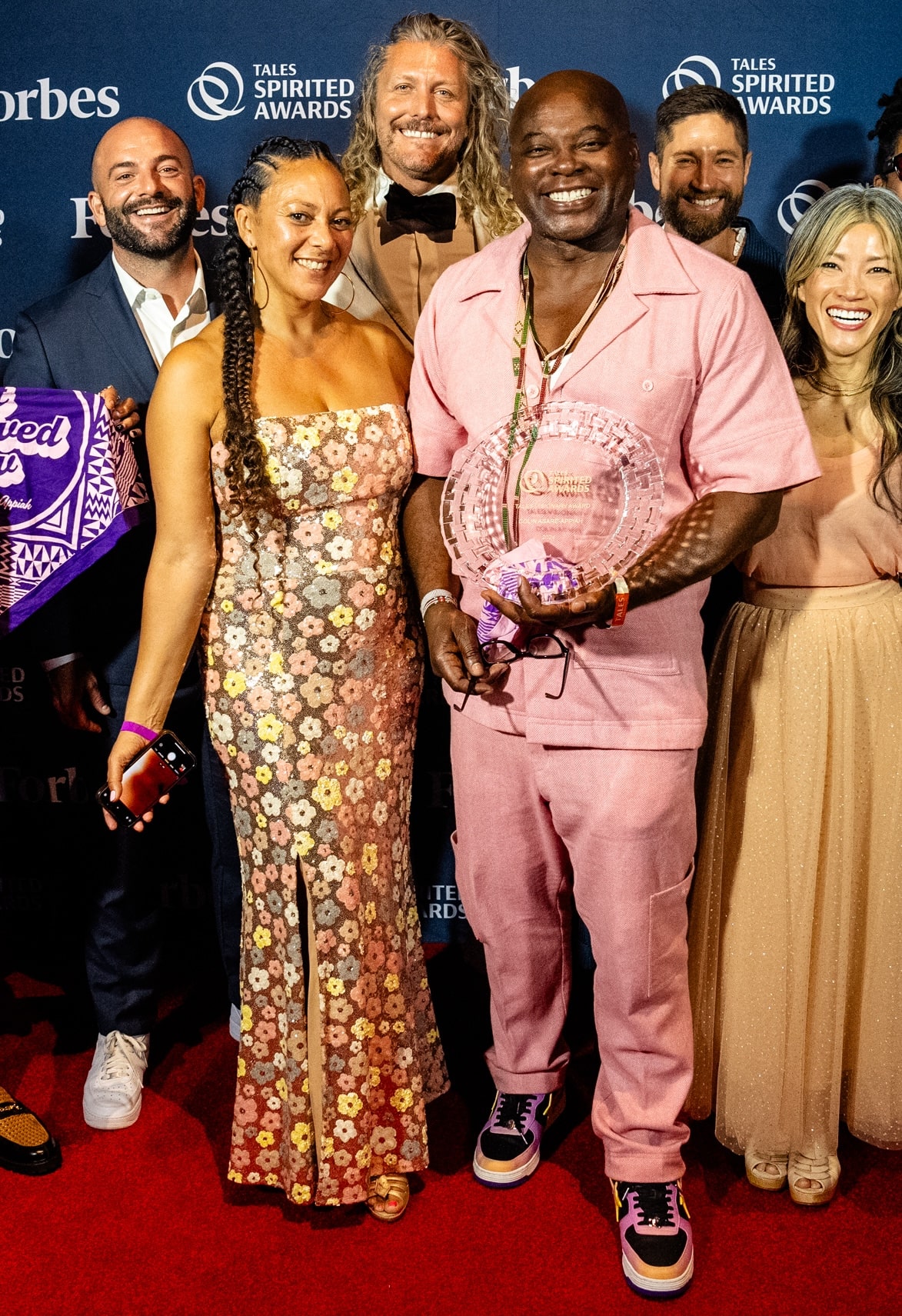
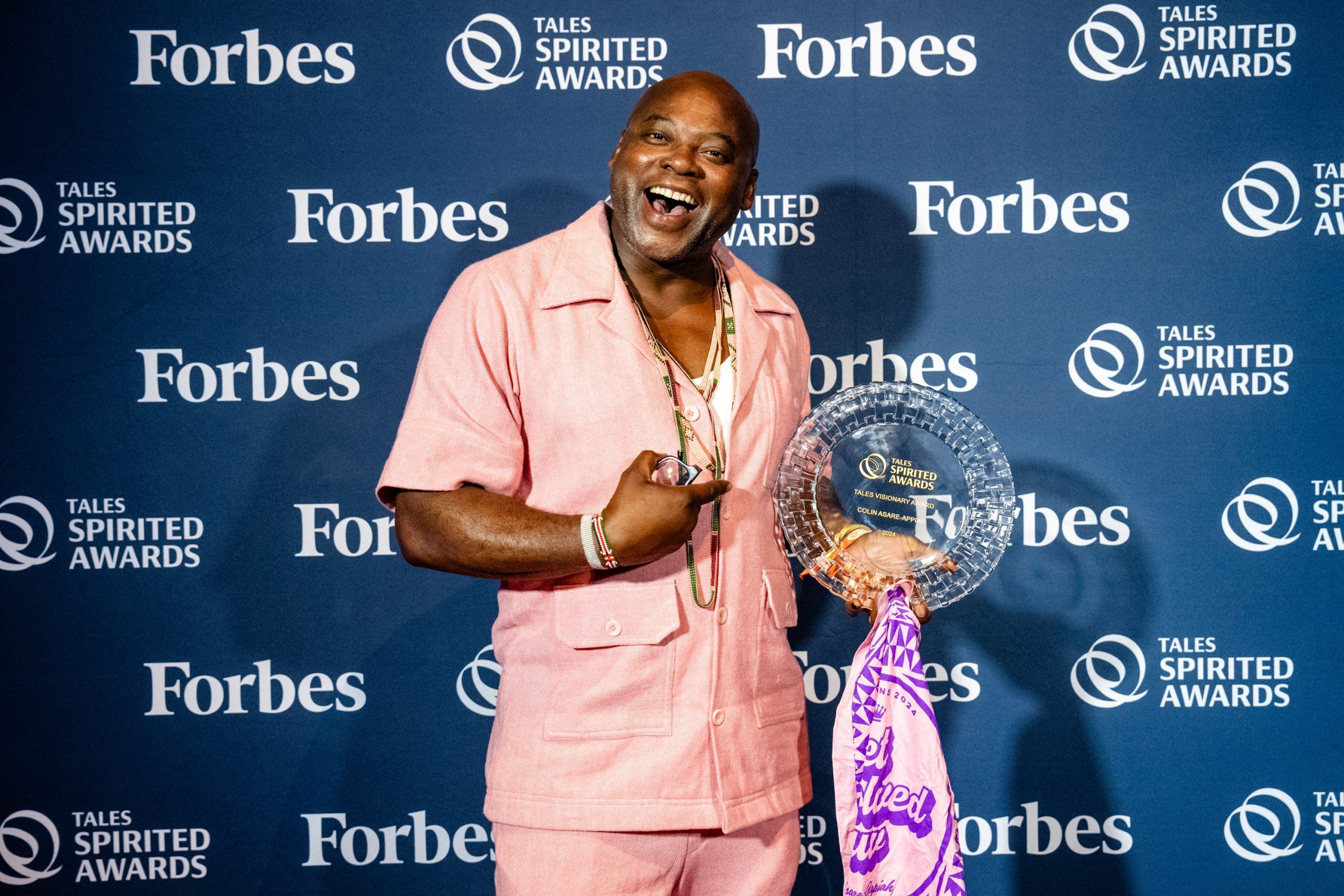
In the village, they didn’t just look out for their neighbours, but for their wider society, by leaving their lights on in the evening so travellers would be able to see there was a place of shelter.
When he first moved to the UK, young Asare-Appiah continued to do this.
“I remember going through the house in the evenings and switching on all the lights. And my dad would say, ‘You don't have to do that here, you're not in a village anymore,’ walking behind me, switching off the lights as I was switching them on.”
Asare-Appiah then recounts a conversation he once had with Kojo Annan, the son of Kofi Annan, Ghanaian diplomat and former secretary-general of the United Nations, about the community values within African villages.
“He said, ‘You know, I'd rather be poor in a village in Ghana than in a council estate in London or project in the US, because one thing we've got is a community that really looks after you.'" “He said, “When you think about it, Colin, when you're in the village, how many people do you see that are homeless? You don't. How many people do you see that are hungry? You don't, really, people look out for each other.’”
The transition from village to city life, in massively different countries, was not easy for Asare-Appiah.
“It was a real culture shock. Acclimatising to the UK was interesting, to say to the least. It was difficult to adjust initially, because obviously there are language and cultural barriers … all the kids used to make fun of the way that I used to speak.”
This, Asare-Appiah shares in his deeply British accent – one he acquired in order to fit in. What he didn’t lose was his sense of community, and he continues to keep the lights on for others in different ways.
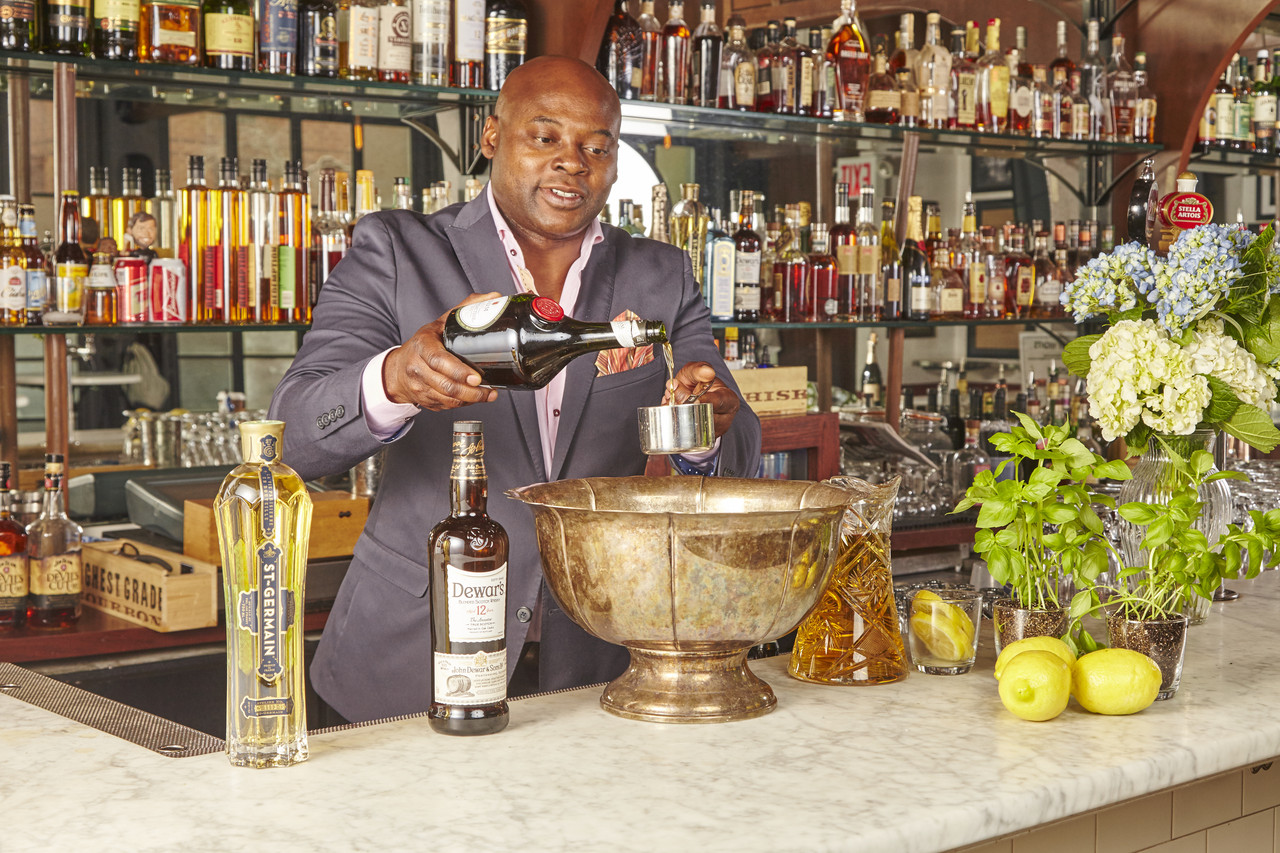
“Like that little boy growing up in the village, I’ve always had a strong sense of community, and family. It’s been something I've held with me all my life, you know. Wherever I've gone, I've always tried to build those communities.”
At school, while growing up in the UK, he found community through sport, and while he says he’s “a mean table tennis player”, having played for his county, he actually preferred volleyball, because of the team aspect of the game.
“I know I don't look athletic, but I've always loved teams sports,”
Asare-Appiah chuckles. Later, when he joined the work force, Asare-Appiah began to keep a look out for people who had community views, building himself a network of similarly minded individuals. As he advanced in his career, this shifted into upliftment, where he would actively work to open doors for individuals who were working to build connection in their own communities. As with most third-culture kids – children who spend a significant part of their developmental years in a society with a different culture to that of their parents, or to where they themselves were born – Asare-Appiah also found himself drawn to people of diverse backgrounds, who were often immigrants like himself. As a hospitality professional, he also deeply appreciated the value that different cultures bring to the table.
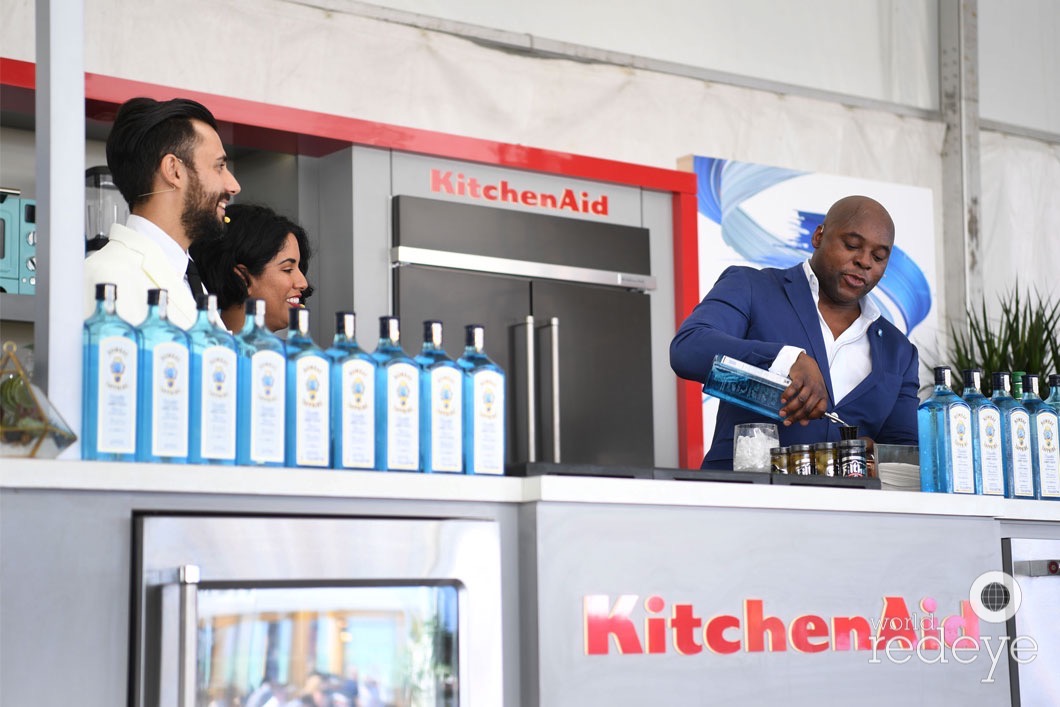
“I've always been about the culture, always been about our community and I've always been about making sure that there are diverse places and faces.” “There would be so many ways of working that wouldn't exist if people didn't come from different backgrounds, and they didn't bring their culture to work every day,”
he affirms. While this philosophy is gaining traction – albeit slowly – it was not a common way of thinking when Asare-Appiah started out. However, he recalls significant cultural shifts that happened in the UK, that affected how people interacted within the bar space, much of which was driven by the rise of big venues that needed staffing.
“I remember working in London and you had these phases, moments. There was what I call the French era, when everyone who was managing any programs seemed to be French. Then we went through another era where it was all Albanians, then it was Italians, then it was the Greeks, then it was the Caribbeans.”
“All of those layers of cultural differences brought something to the industry; helped shape it and make it what it is today. In the US, as well, a lot of people have come in from other countries, which helped make the US bar community what it is.”
Of course, diversity doesn’t end with nationality, but extends to gender identity, race and sexual orientation – all of which add to the tapestry of a healthy and inclusive bar community. At one point, facilitating diversity was Asare-Appiah’s actual job, as the Trade Director of Multicultural and LGBTQ+ Advocacy for Bacardi USA.
“I think it's important for the hospitality community, because it gives us the opportunity to be exposed to different things. It's through that that we all get to grow.”
However, building diversity was not always easy, in an industry that is still largely conservative.
“To build a diverse community, you have to compromise, you have to listen to others and you have to have patience and compassion,”
he advises. While his day to day is no longer devoted to generating appreciation and acceptance for people from diverse backgrounds, he continues to work in the advocacy space, now in a mentorship and business-development role.
“Providing people with the guardrails and motivation to be able to achieve their dreams is something that I try and do every day.”
Asare-Appiah find his new role fulfilling.
“Mentorship is the cornerstone of our industry. One of the things that I personally really love about mentorship is that it’s as good for me as the mentor as it is for the mentee. I learn just as much hearing from other people: how they work, how they think and the way they navigate through the industry and through their life, which is sometimes very different to mine.”
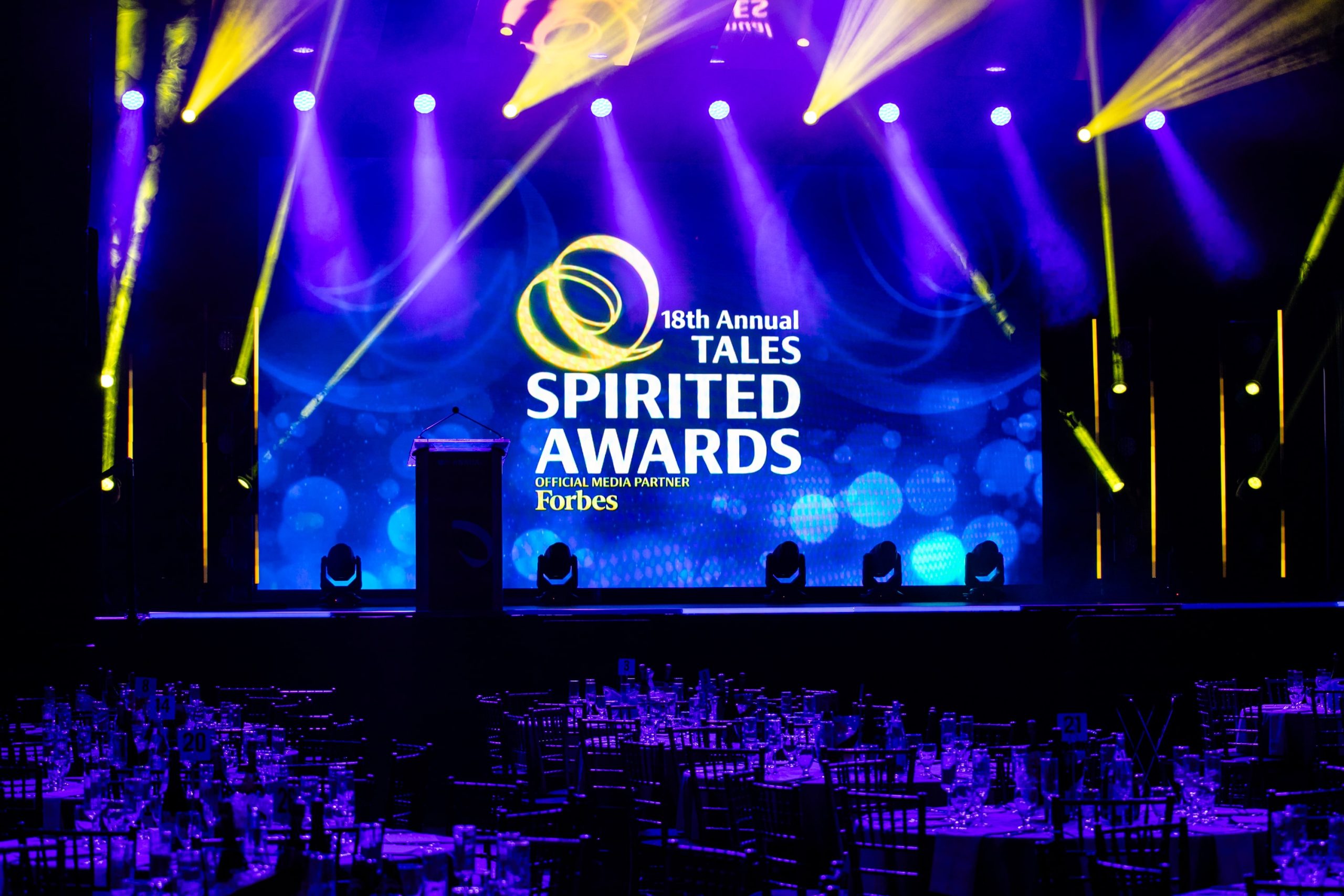
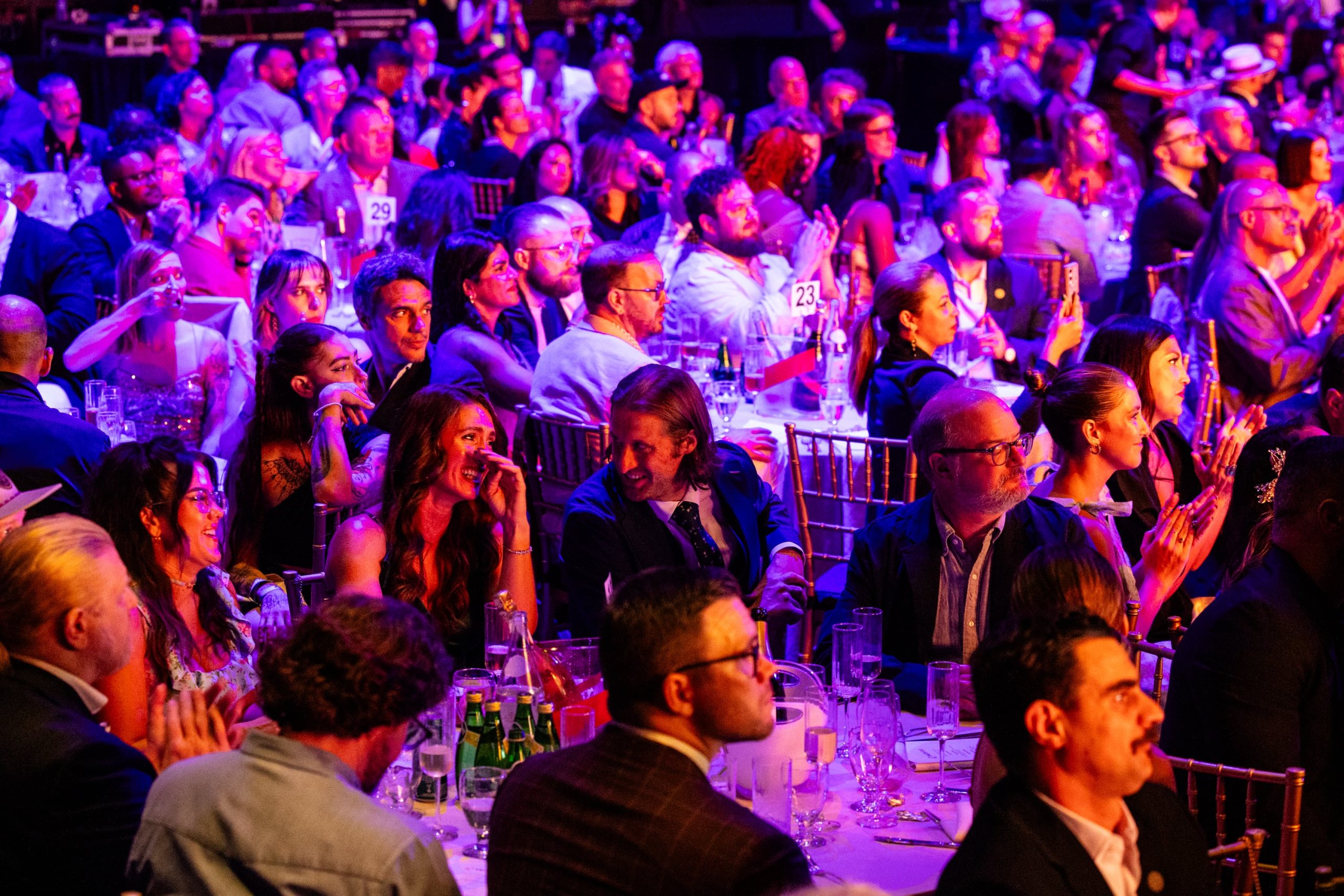
With these two roles, Asare-Appiah solidly ticked the boxes for the Visionary Award, which requires candidates to have “made unique and lasting contributions to the accessibility and intersectionality of the global drinks community, shaped the beverage landscape and provides visible models of achievement for tomorrow’s leaders, and served as a leader and mentor.”
Asare-Appiah believes that everyone has the ability to have a vison; the secret lies in how you navigate the path to attaining it, whatever your vision might be.
“Don't do it your own. It's impossible to do it your own. Bring other people into your vision and your ideas, and try as much as you can to have very clear directions on what you're thinking, and how you're manoeuvring. Have some clear goals, but know that those goals are going to change. As Bruce Lee says, be like water, you know, and go with the flow.”
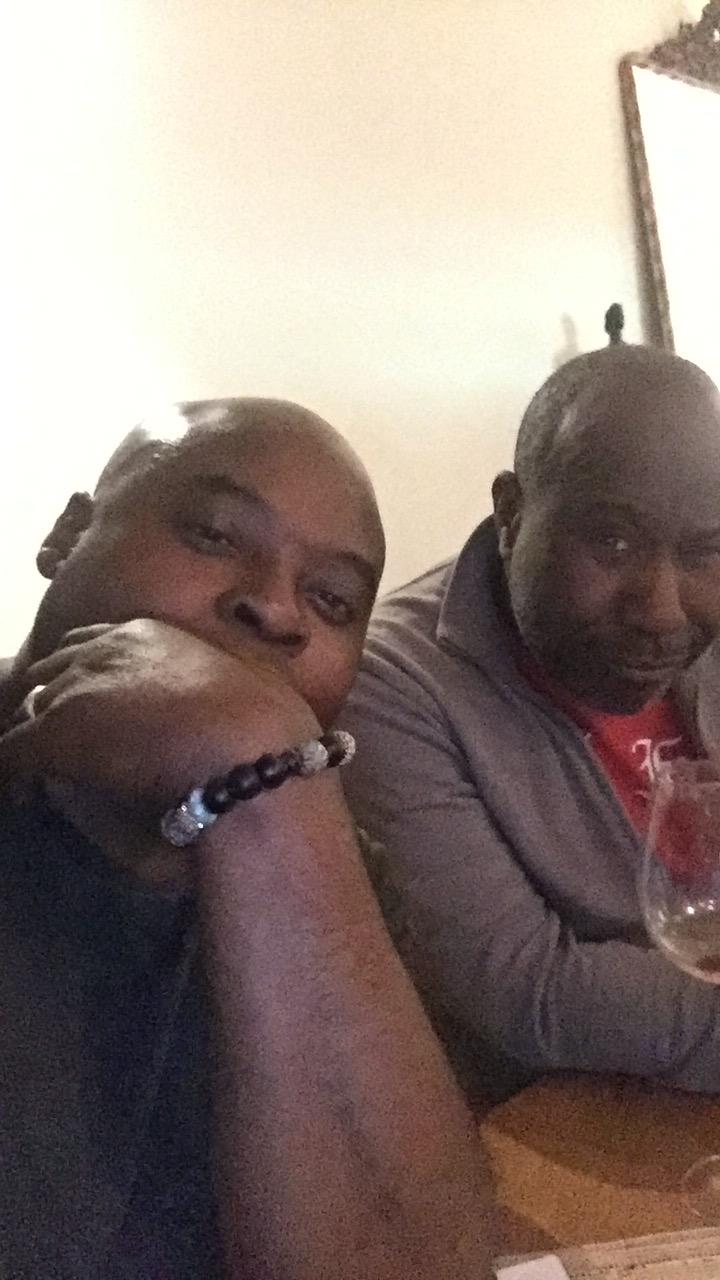
“Don't be afraid of having some pushback in your vision because that just makes you and them stronger. Collaboration is key – you've got to be able to collaborate with people. Empathy too. There's a ton of people that don't have empathy.” “Be a good listener, and leave your bloody ego at the door. Ego will destroy the best of intentions and the best of ideas.”
Of course, while validation from your peers is amazing, it shouldn’t be at the centre of what drives you.
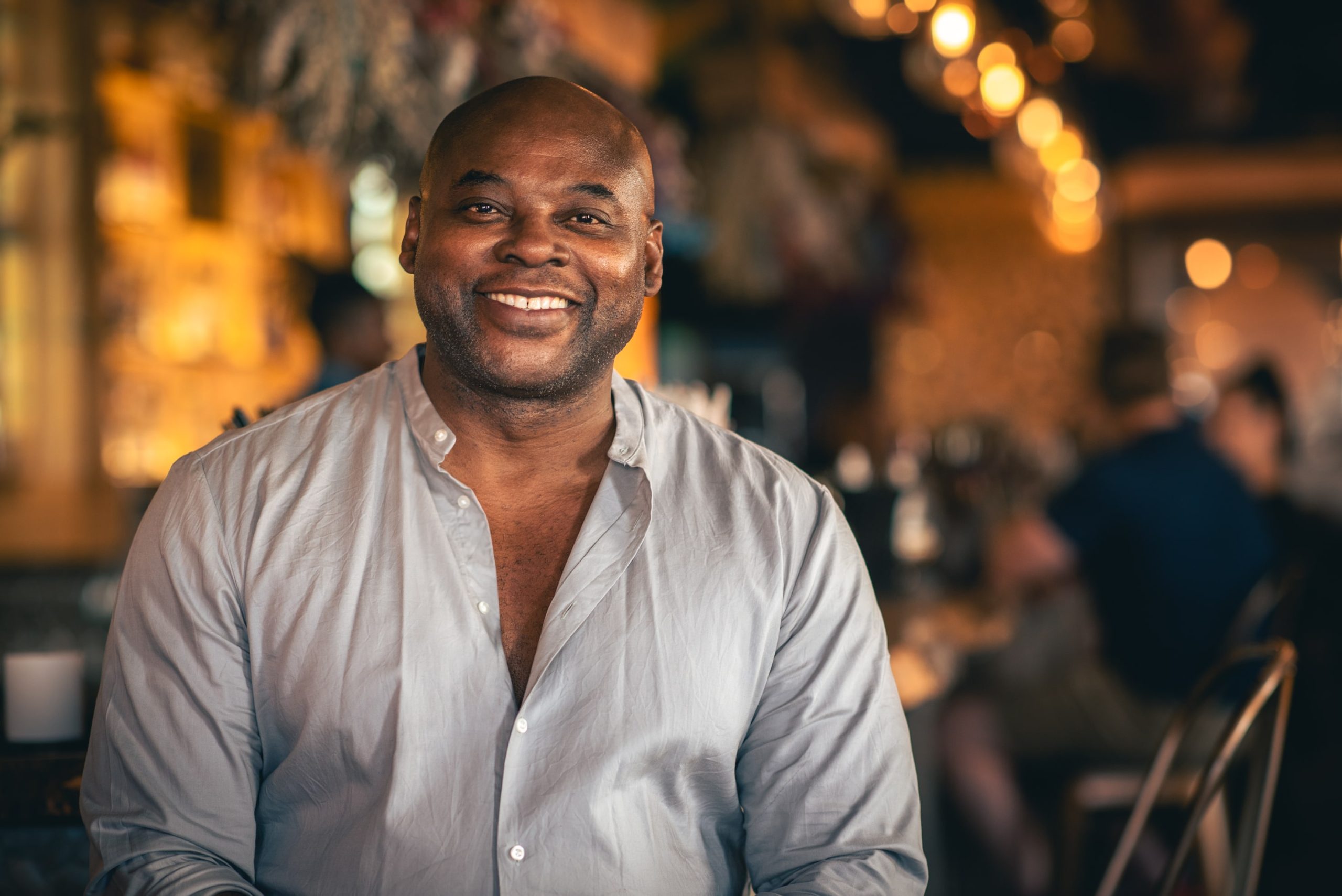
“Just keep doing the right thing, and stay involved. So many people sit on the sidelines and talk about stuff. Very few people actually execute and get involved. I'm one of those people that get involved.” “Go out there and try and achieve your dreams. You never know what will happen – the spinoffs of it are amazing.” “The little boy from the village sure got involved, didn’t he?”
Asare-Appiah laughs.









